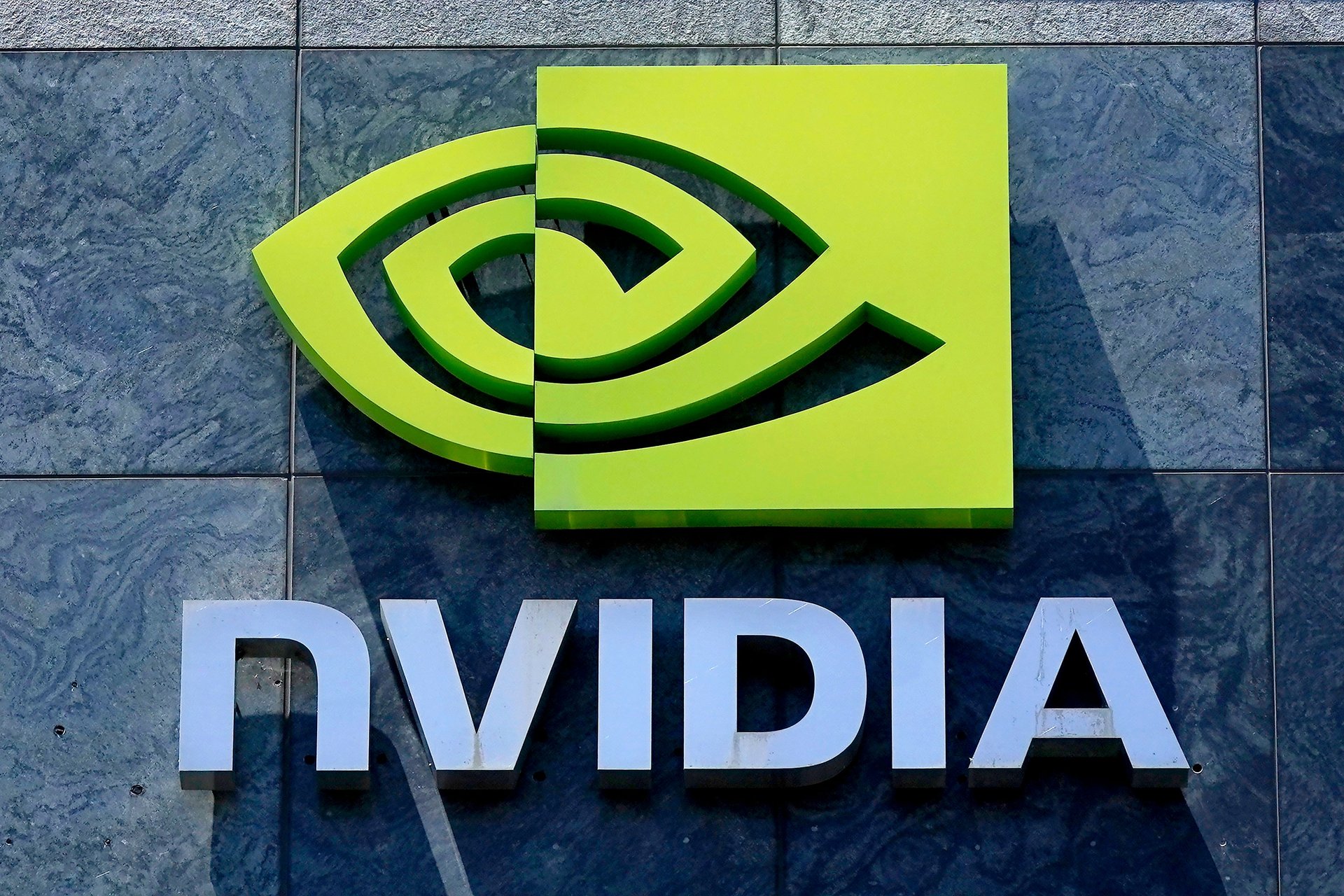It only took two months for Nvidia to lose $900 billion in market value
The chipmaker's shares have slipped 27% since reaching a record high in mid-June

Earlier this year, Nvidia became the first chipmaker to reach a $2 trillion market cap, shortly joined the $3 trillion market cap club, then surpassed both Apple and Microsoft to become the most valuable public company in the world. Since then, its value has tumbled $900 billion.
Suggested Reading
Nvidia, which designs high-in-demand chips used for training generative artificial intelligence models, saw its stock rally at the beginning of the year. The chipmaker’s stock closed at a record high $135.58 on June 18 after it initiated a 10-for-1 stock split earlier that month. The company announced the stock split when it reported record first-quarter revenue of $26 billion for fiscal year 2025 — up 262% from the previous year, and beating Wall Street’s expectations again. The rally has led some investors to fear an AI bubble was bound to burst.
Related Content
Now, Nvidia’s shares are down 27% from that peak in June, closing at $98.91 on Wednesday. The company’s shares were up around 6.1% during mid-day trading on Thursday at $104.96.
A week after its peak, Nvidia lost over $500 billion in market value over three trading days, sending shares of European and Asian chip firms down with it. The stock eventually rebounded.
In July, global chip stocks, including Nvidia, fell in response to a Bloomberg report that the Biden administration was considering using its toughest export control, the foreign direct product rule, to prevent sales of advanced chipmaking equipment to China. Chip stocks also fell on comments about Taiwan made by former President and Republican nominee Donald Trump. However, the massive chip selloff, analysts at Jefferies and Bank of America said, was an overreaction.
“Media blamed geopolitical headlines for the selloff, but our analysis indicates potential impact will be limited,” Will Beavington, an analyst at Jefferies, said in a note.
Earlier this week, Nvidia’s shares fell around 13% in pre-market trading and hovered at an 8% dip at the market open after a report said shipments of its latest Blackwell AI platform were delayed due to design flaws, possibly pushing deliveries back by at least three months. Nvidia is expected to report earnings results for the second quarter of fiscal year 2025 on Aug. 28.
